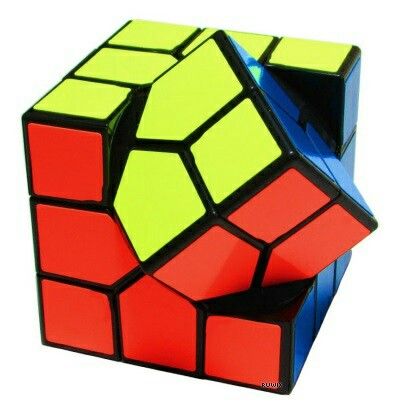In the realm of puzzles, there exists a select group of challenges that have captivated and frustrated minds for generations. These are the puzzles that demand not just intelligence and logic, but also patience, perseverance, and a knack for lateral thinking. While the initial encounter with these puzzles may seem daunting, there are strategies and techniques that can help you Mastering Puzzle-Solving Strategies and emerge victorious.
- Understand the Basics: Before diving into the complexities of the puzzle, it’s crucial to grasp the fundamental rules and mechanics. This initial understanding will provide a solid foundation for your solving approach.
- Pattern Recognition: Puzzles often involve identifying and manipulating patterns. Develop an eye for patterns, as they can provide clues to potential solutions.
- Strategic Disassembly: In some puzzles, it’s helpful to disassemble parts of the puzzle to gain a better understanding of its structure. This can reveal hidden connections and patterns that may not be visible in its assembled state.
- Note-Taking and Diagramming: Keeping notes and creating diagrams can be invaluable tools for tracking your progress and identifying patterns. This visual representation can aid in problem-solving and prevent you from repeating the same mistakes.
- Experimentation and Trial and Error: Don’t be afraid to experiment and make mistakes. Puzzle-solving often involves a process of trial and error, and each attempt can provide valuable insights and lead you closer to the solution.
- Seek Inspiration and Guidance: There’s no shame in seeking help or inspiration from others. Utilize online tutorials, puzzle books, or even join puzzle-solving communities to learn from experienced solvers and gain new perspectives.
- Patience and Perseverance: Puzzle-solving requires patience and perseverance. Don’t get discouraged if the solution doesn’t come immediately. Take your time, analyze carefully, and don’t give up.
- Practice and Refinement: As you solve more puzzles, you’ll develop your problem-solving skills and become more adept at identifying patterns and strategies. Practice is key to mastering puzzle-solving techniques.
- Explore Different Puzzle Types: Don’t limit yourself to just one type of puzzle. Try your hand at different puzzles, such as Sudoku, Rubik’s Cube variations, or logic puzzles. This will broaden your puzzle-solving repertoire and enhance your overall skills.
- Embrace the Challenge: Approach puzzles with a positive mindset and view them as challenges to overcome rather than obstacles to avoid. Embrace the process of learning and enjoy the satisfaction of solving complex puzzles.
Remember, puzzle-solving is not just about finding a solution; it’s about the journey of discovery, the satisfaction of unraveling a challenge, and the thrill of expanding your problem-solving abilities. So, grab your puzzle, embrace the challenge, and embark on a journey of mental gymnastics and intellectual exploration. Mastering Puzzle-Solving Strategies.



